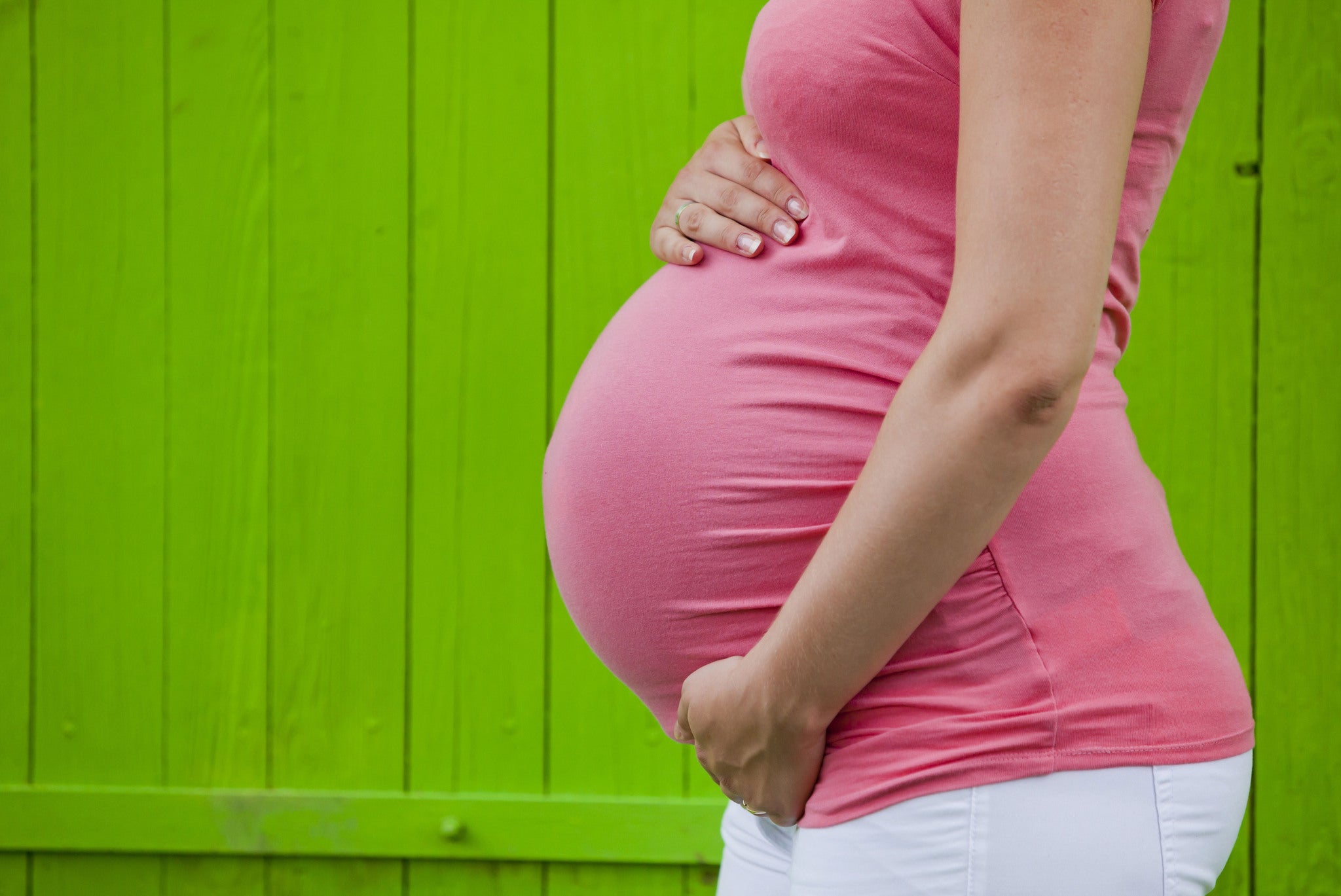Caesarean section births 'increase the risk of autism by 23%', study finds
Researchers at University College Cork examined statistics from several countries

Your support helps us to tell the story
From reproductive rights to climate change to Big Tech, The Independent is on the ground when the story is developing. Whether it's investigating the financials of Elon Musk's pro-Trump PAC or producing our latest documentary, 'The A Word', which shines a light on the American women fighting for reproductive rights, we know how important it is to parse out the facts from the messaging.
At such a critical moment in US history, we need reporters on the ground. Your donation allows us to keep sending journalists to speak to both sides of the story.
The Independent is trusted by Americans across the entire political spectrum. And unlike many other quality news outlets, we choose not to lock Americans out of our reporting and analysis with paywalls. We believe quality journalism should be available to everyone, paid for by those who can afford it.
Your support makes all the difference.Babies born through Caesarean section are more likely to develop autism, a new study claims, although the link remains “unclear”.
Researchers at University College Cork examined statistics in countries including the US, Australia, Canada and Sweden to conclude that the surgical delivery raises the risk of the disorder by 23 per cent.
Professor Louise Kenny, one of the study’s authors and an obstetrician, urged caution on the findings and stressed more research was needed.
“Parents should be reassured that the overall risk of a child developing ASD (Autism Spectrum Disorder) is very small and that Caesarean section is largely a very safe procedure and when medically indicated, it can be lifesaving,” she said.
The study, published in the Journal of Child Psychology and Psychiatry, reviewed two existing findings from studies on C-section and ASD and looked for any links between the surgical delivery of a baby and attention deficit and hyperactivity disorder (ADHD).
Eileen Curran, lead author of the report, said the relationship between the type of delivery used in childbirth and psychological development is complex.
“Given the accelerating rate of Caesarean section globally, this finding warrants further research of a more robust quality using larger populations to adjust for important potential confounders and explore potential causal mechanisms,” she said.

In Britain, the rate of births by C-section has tripled over the past three decades from per cent of deliveries in 1970 to around a quarter of births now.
In Ireland, more than a third of babies are delivered by C-section in some of the country's main maternity units.
The World Health Organisation previously recommended that no more than between 10 and 15 per cent of births should be through the surgical method but dropped the advice in 2010, saying there was "no empirical evidence for an optimum percentage".
Last year, a study published in the British Medical Journal said the number of new cases of autism being diagnosed had levelled off after a surge in reported cases during the 1990s.
It suggested increased awareness and diagnosis of the condition were behind the earlier spike rates.
According to the NHS, an estimated one in 100 people in the UK have ASD, which affects social interaction, communication, interests and behaviour.
Additional reporting by PA
Join our commenting forum
Join thought-provoking conversations, follow other Independent readers and see their replies
Comments